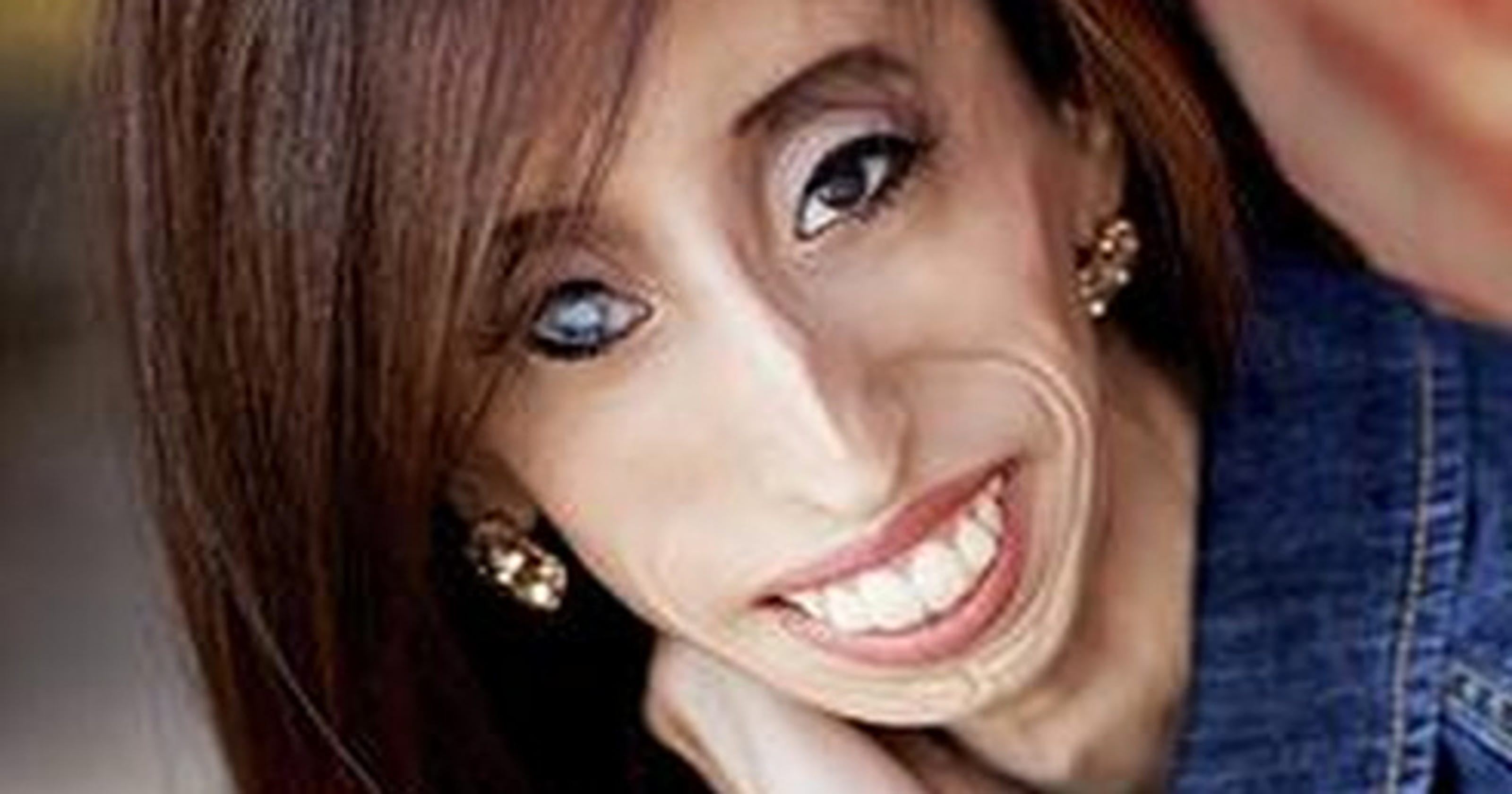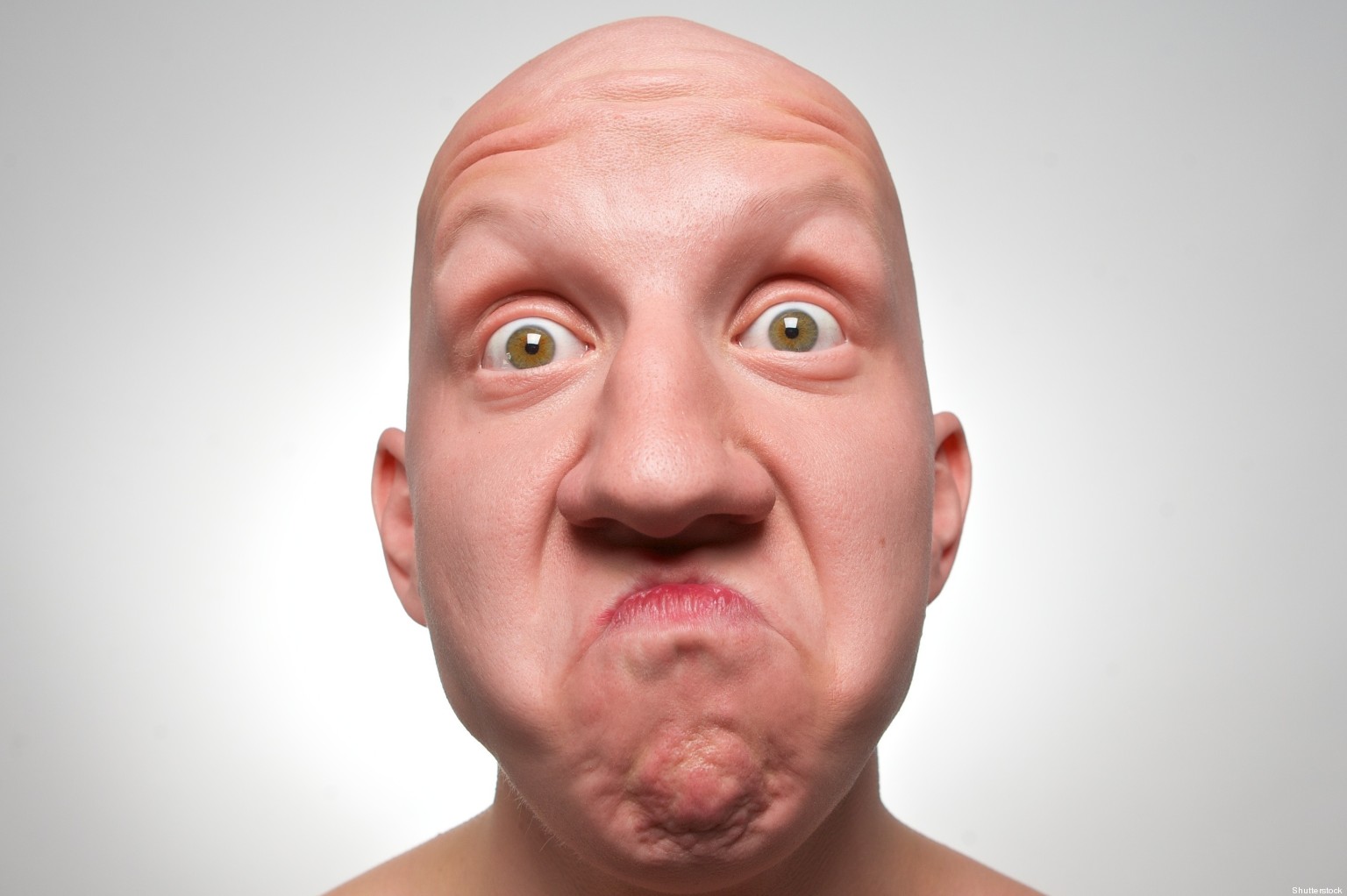Okay, let’s dive right into it. If you’re here, you’re probably curious—or maybe even a little skeptical—about the phrase "show me the ugliest people in the world." It’s a bold question, and honestly, one that sparks a lot of emotions, thoughts, and even controversy. But before we get all deep and philosophical, let me just say this: beauty—and ugliness—are way more complicated than what meets the eye. And trust me, we’re gonna break this down in a way that’s both informative and, well, human. So, buckle up!
When we talk about the "ugliest people in the world," we’re not just talking about physical appearances. We’re diving into societal norms, cultural perceptions, and even the psychology behind why we label things as "beautiful" or "ugly." Spoiler alert: it’s not always about looks. It’s about how we perceive others—and ourselves—and that’s something worth exploring. This ain’t just a surface-level convo; it’s a deep dive into what makes us human.
Now, I know some of you might be thinking, "Why even talk about this? Isn’t it kind of harsh?" And yeah, you’re right—it can be. But here’s the thing: by addressing these ideas head-on, we can start to challenge the way we think and feel about beauty, imperfection, and humanity as a whole. So, whether you’re here out of curiosity or because you want to understand this topic better, you’re in the right place. Let’s roll!
Read also:Leanner Morgans Husband A Behindthescenes Look
What Does "Ugliest People" Even Mean?
Alright, so let’s start with the basics. When we say "ugliest people," what exactly are we referring to? Is it about facial features? Body shape? Or is it something deeper, like personality or behavior? The truth is, the concept of "ugliness" is way more complex than you might think. It’s not just about physical appearance—it’s about how society defines beauty and how those definitions shape our perceptions.
For example, in some cultures, traits that might be considered "unattractive" in others are actually celebrated. Think about it: what one person finds ugly, another might find fascinating. It’s all about perspective. And honestly, isn’t that kinda cool? It shows us how diverse and complex human perception really is.
Breaking Down Cultural Perceptions
Let’s talk about cultural influences for a second. Different cultures have different standards of beauty—and, by extension, different ideas of what’s considered "ugly." For instance, in some African tribes, scarification is seen as a sign of beauty and strength. Meanwhile, in Western societies, smooth skin is often idealized. See where I’m going with this? It’s all relative.
- In Japan, pale skin has historically been associated with beauty.
- In certain parts of South America, fuller lips are seen as desirable.
- In some Indigenous cultures, body modifications like piercings or tattoos are symbols of beauty and identity.
So, when we talk about "ugly," we’re really talking about societal constructs. And those constructs can vary wildly depending on where you are in the world.
Psychology Behind Perceiving Ugliness
Now, let’s shift gears and talk about the psychology behind why we perceive certain traits as "ugly." It’s not just about what we see—it’s about how our brains process information. Studies have shown that humans are naturally drawn to symmetry because it’s associated with health and fertility. But here’s the kicker: not everyone fits into that mold. And that’s okay!
Our brains are wired to categorize things as "good" or "bad," "beautiful" or "ugly." But the truth is, those categories are pretty arbitrary. What one person finds unattractive, another might find endearing. It’s all about how we interpret the world around us.
Read also:Meet Chris Cuomos Wife An Intimate Look At Their Marriage
Challenging Societal Norms
Let’s not forget that societal norms play a huge role in how we perceive beauty and ugliness. Media, for example, has a massive influence on our ideas of what’s attractive. Think about it: how often do you see "flawed" or "imperfect" bodies represented in mainstream media? Not very often, right? That’s because we live in a world that often prioritizes perfection over authenticity.
But here’s the thing: imperfection is what makes us human. It’s what makes us unique. And honestly, it’s what makes life interesting. So, instead of focusing on what’s "ugly," maybe we should start celebrating what makes each of us different.
The Role of Social Media
Speaking of media, let’s talk about social platforms for a second. Social media has completely changed the way we view beauty—and, by extension, ugliness. With the rise of filters, photo editing apps, and influencers, it’s easier than ever to create an idealized version of ourselves. But at what cost?
Many people—especially younger generations—are starting to feel pressure to conform to these unrealistic standards. And that can lead to some pretty serious mental health issues. Anxiety, depression, low self-esteem—you name it. It’s a slippery slope, and one that we need to address if we want to create a more inclusive and accepting world.
How to Combat Negative Influences
So, what can we do to combat these negative influences? Here are a few tips:
- Limit your exposure to unrealistic beauty standards on social media.
- Follow accounts that promote body positivity and diversity.
- Remind yourself that everyone has flaws—and that’s okay!
- Practice self-compassion and focus on your strengths rather than your weaknesses.
It’s all about shifting your mindset and learning to appreciate yourself for who you are—not for how you look.
Famous Faces: Embracing Imperfection
Now, let’s talk about some famous faces who’ve embraced their imperfections and become role models for body positivity. These individuals have shown the world that beauty isn’t just about conforming to societal norms—it’s about being true to yourself.
Take, for example, Winnie Harlow, a model with vitiligo who’s become a symbol of self-acceptance. Or Lizzo, who’s unapologetically proud of her curves and encourages others to do the same. These women—and many others like them—are proof that beauty comes in all shapes, sizes, and forms.
Bio of Influential Figures
| Name | Age | Profession | Notable Achievements |
|---|---|---|---|
| Winnie Harlow | 30 | Model | First model with vitiligo to walk in major fashion shows |
| Lizzo | 35 | Singer, Songwriter | Grammy-winning artist known for promoting body positivity |
These women have shown the world that beauty isn’t just about looks—it’s about confidence, authenticity, and embracing who you are.
Science and Ugliness: Is It All in Our Heads?
Let’s get scientific for a moment. Is ugliness really all in our heads? Research suggests that it might be. Studies have shown that our perceptions of beauty and ugliness are influenced by a variety of factors, including genetics, environment, and personal experiences. And while some traits might be universally considered "unattractive," others are purely subjective.
For example, a study conducted by the University of California found that people tend to find symmetrical faces more attractive. But again, that’s not always the case. Some people find asymmetry charming or unique. It’s all about perspective.
Breaking Down the Science
Here’s a quick breakdown of some key findings:
- Humans are naturally drawn to symmetry because it’s associated with health and fertility.
- Cultural influences play a big role in shaping our perceptions of beauty.
- Personal experiences and memories can also affect how we perceive attractiveness.
So, while there might be some biological factors at play, the truth is that beauty—and ugliness—are way more complex than we often give them credit for.
The Impact of Labels
Labels like "ugliest people in the world" can have a serious impact on how we view ourselves and others. When we label someone as "ugly," we’re not just hurting them—we’re hurting ourselves. It creates a culture of comparison and competition that can be incredibly damaging.
Instead of focusing on what makes us different, maybe we should start celebrating those differences. After all, isn’t diversity what makes life interesting? By letting go of these labels, we can create a world that’s more inclusive, accepting, and kind.
How to Foster Positivity
Here are a few ways to foster positivity and combat negativity:
- Practice gratitude and focus on the good things in your life.
- Surround yourself with positive, supportive people.
- Challenge negative thoughts and replace them with affirmations.
- Volunteer or engage in activities that make you feel good about yourself.
It’s all about creating a mindset shift—and trust me, it’s worth it.
Conclusion: Redefining Beauty
So, there you have it. The concept of "show me the ugliest people in the world" isn’t just about physical appearance—it’s about how we perceive others and ourselves. And while beauty standards might vary from culture to culture, one thing remains constant: we’re all human. And that’s something worth celebrating.
Instead of focusing on what makes us different, let’s start celebrating those differences. Let’s embrace imperfection, promote inclusivity, and create a world that’s kinder, more accepting, and more understanding. Because at the end of the day, we’re all in this together.
And hey, if you’ve made it this far, I’d love to hear your thoughts. Drop a comment below and let me know what you think about this topic. Or, if you enjoyed this article, feel free to share it with your friends. Let’s keep the conversation going!
Table of Contents
- What Does "Ugliest People" Even Mean?
- Psychology Behind Perceiving Ugliness
- The Role of Social Media
- Famous Faces: Embracing Imperfection
- Science and Ugliness: Is It All in Our Heads?
- The Impact of Labels


